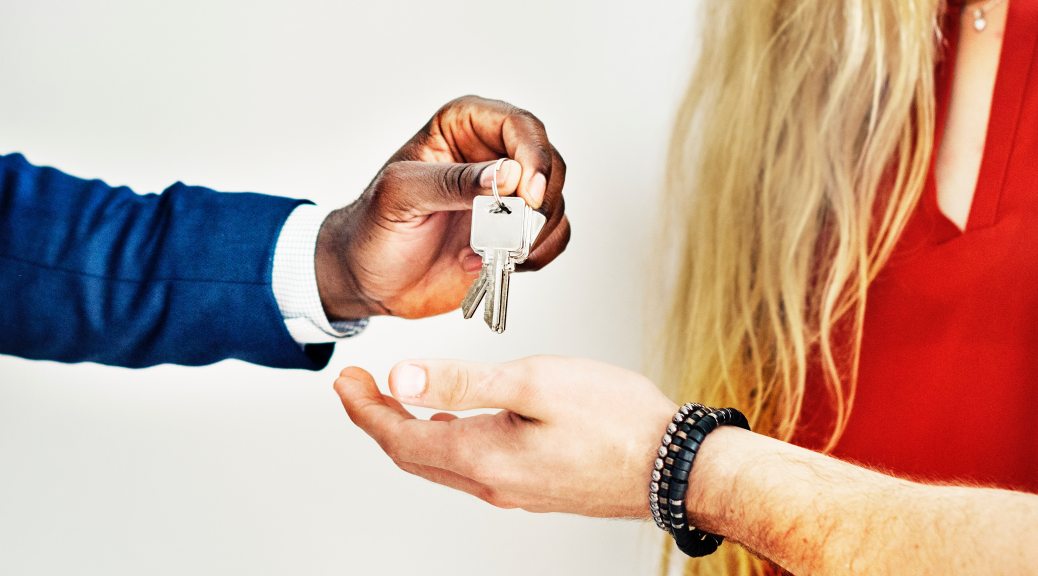Millions, possibly billions, of people were devastated on election night in 2016.
I was one of them. I feared for my life.
I graduated Magna Cum Laude in 2009 with a bachelor’s degree, but I now try to survive on under $1,000 per month on Social Security Disability (SSDI) because of a disease I was born with. As a result of this incurable disease’s progression, I am fully disabled and impoverished. I am a living, breathing, pre-existing condition.
After the election sunk in, I desperately sought hope. I clung to the gleam of The Women’s March, craving for throngs of women to somehow save me from this new hell. I had dreams of attending the 2017 march in D.C. but wasn’t sure how I’d survive it. My inflammatory disease, Ankylosing Spondylitis, causes debilitating pain and fatigue if I exert too much energy or stand longer than a few minutes. I would have to rely on my cane, pain medications, and a slim chance of places to sit and rest during a march where I wouldn’t know many people. In the end I settled for attending my local march in Sacramento, CA.
I borrowed a huge, clunky wheelchair from my church and asked friends to push me in it. I noticed people’s kindness – those who made room when I asked for it – and I called it accessibility, when in reality the march’s overarching inaccessibility made it such that I had to rely on the kindness of strangers in order to participate (I remain grateful for the kindness). I had to do what many with disabilities must do in order to survive: ask for help; rely on others; and say, ‘Thank you,’ for not being trampled.
If I could make it to the front, I was told, there was an area for people with disabilities, but I learned of it a hundred yards away – and about two thousand ambulatory people swarmed in a pink pussy-hatted mass between it and me. So, I settled for less and pretended it was sort of OK that my primary view was of people’s butts and shoulder bags. Continue reading Women’s March: Make Universal Accessibility a Cornerstone →




